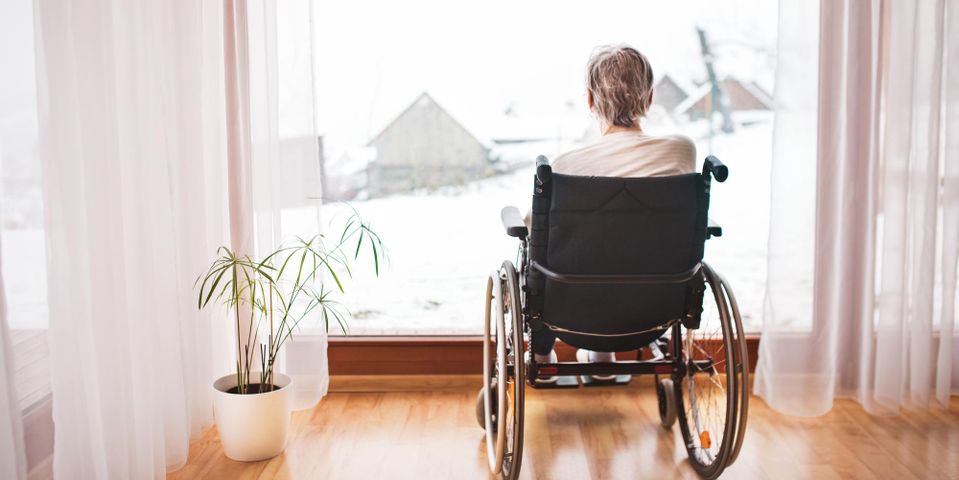What Is Seasonal Affective Disorder?

Seasonal affective disorder, or SAD, is a type of depression that experts believe is brought on by the lack of sunlight in the colder months of the year. If you are a senior, have a senior in your life, or are a caregiver, it's important to understand that elderly individuals are especially vulnerable to seasonal affective disorder.
Symptoms
Loved ones and caregivers should remain vigilant for any symptoms of SAD. If left untreated, an elderly individual could retreat from life or develop new or exacerbated physical health problems as a result. Some symptoms to watch out for include:
- A melancholy that typically only strikes at certain times of the year, usually in the fall or winter months
- Changes in appetite, either eating too little or eating too much
- Changes in sleeping patterns, either sleeping too little or sleeping too much
- Feelings of heaviness or sluggishness
 Feelings of overwhelming sadness or anxiety
Feelings of overwhelming sadness or anxiety- Loss of energy, often in the afternoons
- Loss of interest in activities and social events that were previously enjoyable
- Quick to anger and irritability; moodiness
Treatment
The first action to take is to see a doctor to rule out any other possible causes and to get their input on treating this issue. Exposure to sunlight is extremely helpful, but given the time of year, it may not be feasible to spend any significant amount of time in the sun. Instead, you may want to encourage seniors to use a lightbox for 30 to 45 minutes each day.
As a loved one or caregiver, check in and ensure the lightbox is regularly being used; studies have shown that lightboxes are effective in counteracting SAD. Vitamin D deficiency might also be a contributing factor to SAD, so have D-levels checked by a doctor. Fatty fish like salmon and sardines, beef liver, and egg yolks are all good sources of vitamin D.
Socialization can go a long way in treating SAD. If you're a senior, make it a goal to get out and connect with others at least a few times a week. If you're a loved one, visit your elderly family member or friend regularly. If you're a caregiver, take the time to form a personal relationship; ask the senior how they're feeling, engage them in conversation, and share information about yourself.
While seasonal affective disorder can be a scary experience for an elderly individual, they can make a full recovery with the right support. The sympathetic caregivers at Deer Valley Home Health Services have been providing senior home health care to the Berkeley, St. Charles, and St. Louis, MO, areas since 2005. To learn more about their services or to schedule home health care, contact them today by calling (314) 355-3679 or visiting their website. Like them on Facebook or follow them on Twitter for more important tips.
About the Business
(2 reviews)
Have a question? Ask the experts!
Send your question

